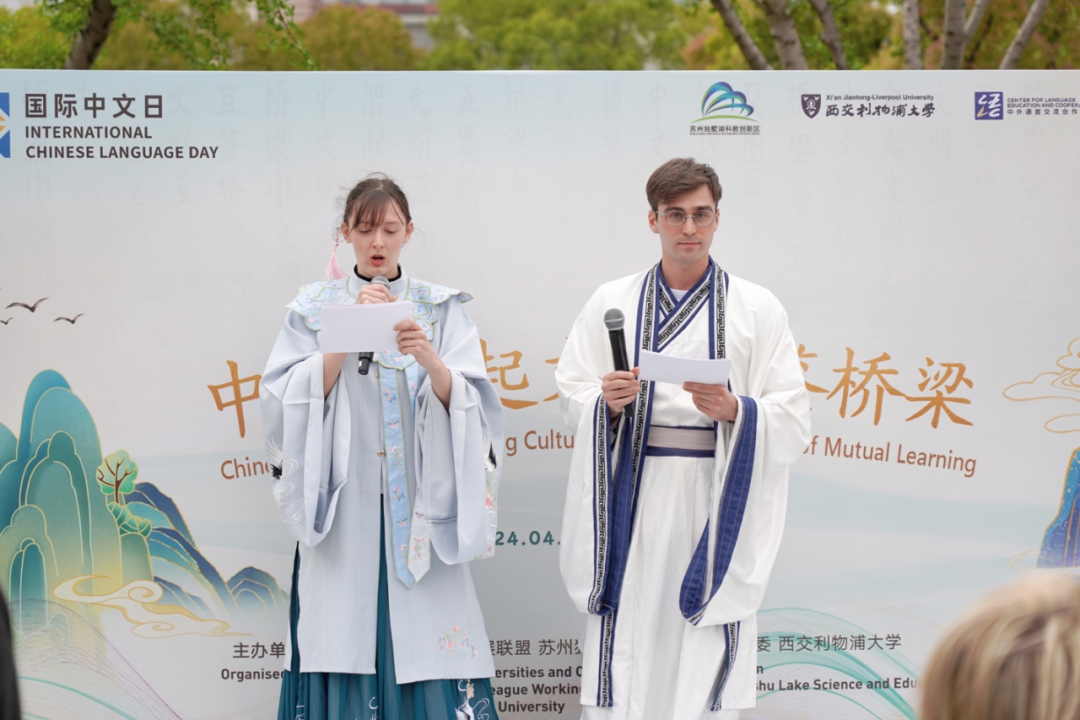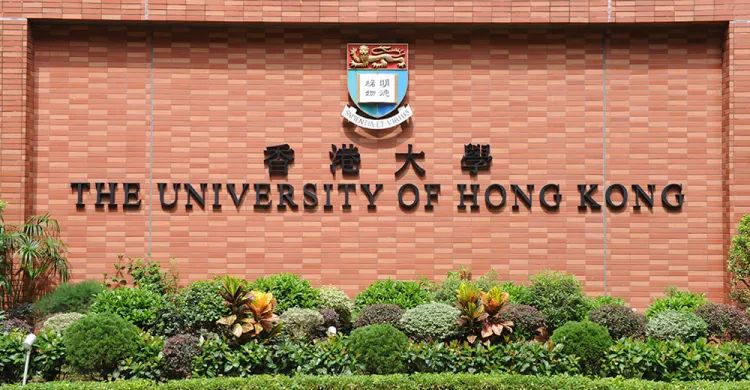At LEH Foshan, we believe learning new languages nurtures global-mindedness and is vital in developing excellent communication skills for success in a global society. The Chinese language is rich in literature, poetry, and culture, so we attach great importance to the teaching of the Chinese curriculum, to nurture our students’ cross-cultural understanding and communication skills.
In this article, we invited Mr Hua Yan, Head of Chinese, Dr Chengming, Chinese Specialist and Ms Tina Zhou, Head of Prep Mandarin to talk about what makes LEHF Chinese curriculum special.
A native of Hubei, with a first-class degree from Hubei University, Mr Yan joins LEH Foshan as Head of Chinese. Mr Yan lived in England for the past 20 years and is excited to be back in his home country to teach at LEH Foshan. Previously, Mr Yan was Head of Chinese at Oundle and Wycombe Abbey, two of the most prestigious private schools in England. He was among the first Chinese nationals to obtain qualified teacher status in England and has a Postgraduate Certificate in Education with research focused on learners’ autonomy. Well known within the Mandarin teaching community in the UK, he has authored textbooks and run training courses for teachers. Under his leadership, Oundle School was granted the status of Confucius Classroom by Hanban, the Office of Chinese Language Council International.
LEH Foshan Chinese Curriculum
In Prep School, Chinese is one of the core subjects, with 5 hours of study per week. Through activities such as reading projects, students focus on cultivating their listening, speaking, reading and writing skills and Chinese core literacy. We use the national compulsory education language curriculum standards as the outline and use the ministry's version of the textbook to ensure that the foundation of students' language learning can be consolidated. We adopt an international approach that encourages inquiry-based learning and creates student-centered, dynamic and fun classrooms.
First language students use Renjiaoban Chinese textbooks with some extended materials to develop their global mindset. For second language students, we use Renjiaoban Chinese textbooks as well, but we modify the content a lot to make it challenging and accessible. The focus is to develop their ability to read and write Chinese characters and their ability to write short essays. For foreign language students, we use a textbook called Chinese GCSE, which is published by Sinolingua (华语教学出版社); it has proved to be the most popular textbook among top independent schools in the UK.
As for teaching hours, in Year 7, 8 and 9, we have allocated four hours per week in the timetable, in Year 10 and 11, 5 hours per fortnight.
How does LEH Foshan help
students develop their interest in
Chinese learning?
We believe that language learning involves more than developing a facility with the language communication. We should engage students with culture, history, and literature to gain a more holistic understanding of the target country.
In LEH Foshan, students can develop their Chinese cultural experiences from different perspectives:
First through curriculum, for example they study texts about the traditional Chinese culture, and devise a short play based on the text, we call it 课本剧, and actually perform it. They also learn Chinese through singing. It turns out to be very effective to develop cultural understanding through learning to sing Chinese folk songs. They learn to appreciate Chinese calligraphy as well. We attach great importance to Chinese calligraphy; to get the message across, we hold an annual Chinese calligraphy competition.
Second through school assemblies, they prepare a variety of programmes for different festive celebration, such as Dragon Boat Festival, Mid-Autumn Festival and Spring Festival, etc.
Third through extra-curriculum activities, they learn Chinese Kungfu and lion dance, watch Chinese films. They also visit the local theatre for good plays after school during the term time.
Diverse evaluation system
How does LEH Foshan
measure student progress?
Ms Tina Zhou joined LEH Foshan as Head of Prep Mandarin with a MA degree in Teaching Chinese as a Second Language from Sun Yat-sen University. She is an experienced Chinese teacher with 8 years of teaching in universities and international schools, home and abroad. Ms Zhou has taught Chinese Language and Literature to primary students and taught Chinese as a second language to students from introductory to advanced proficiencies. From her experiences, she has further developed professional skills to design teaching plans based on the syllabus and to conduct engaging classroom instructions customised to learners' age, fluency, background and the length of study.
In the Prep School Chinese dictation, conversation and drama exercises promote and extend students’ spoken Chinese skills. Homework is used to assess progress and highlight areas for improvement
Teachers constantly monitor and reflect on students’ skills to make sure that every student is reaching their full potential. All students are given personal targets to make sure they are learning at the right pace for them.
Dr Chengming Xie joins LEH Foshan as a Chinese Specialist. She has a PhD in Chinese Linguistics from Peking University and a Mandarin Chinese PGCE with EAL from the Institute of Education, University College London.
Dr Xie taught Chinese language and literature to both native speakers and foreigners in Beijing before she relocated to the UK, where she taught Mandarin to beginners, GCSE students and A Level to Chinese heritage speakers. Dr Xie had led a Chinese language and culture club in Oxford, teaching Chinese characters and classics to both foreign and heritage learners.
I mainly teach native Chinese classes in the IGCSE and A-Level programme. In addition to helping students improve their Chinese literacy, we also need to ensure that they perform at their best in the exams.
As an examiner of the Cambridge University Examinations Board, I’ve done a lot of training and marking, the most important thing I think is to fully understand the evaluation system of exam, to transform it into skill-based assessment indicators, and these in my daily teaching. For example, for narrative writing, IGCSE exams require that the article is creative and fascinating; there is an obvious climax, and narrative methods such as flashbacks and interludes; foreshadowing, or unexpected endings are carefully crafted into the body of the text.
We apply these standards to assess students' classroom practice and improve students' writing skills through constructive feedback and targeted revision after assessment. Of course, the background of each student is different, and the purpose of the assessment is to recognise the achievements of each child and help them to improve.
What makes you most proud
while teaching at LEH Foshan?
Chengming
Our students, of course. They are open-minded, ambitious, have great personalities; they learn quickly and are eager to improve. I’m always amazed by their talent and they inspire me to improve myself constantly.
Tina
I also think that our students make me most proud. They are excellent learners. They have both critical thinking and a willingness to share their thoughts. They often inspire me to reinterpret texts from different angles. This gives me a great sense of accomplishment.
Do you like Chinese Lessons?
I love it because Miss Zhou is fun and the lessons are fun.
I like Chinese lessons because Miss Zhou is very funny and every day she teaches us in a different, fun way.
What do you think is the most interesting thing about learning Chinese?
I think the most interesting part of learning Chinese is writing, it is very rewarding to see each piece of writing brought to life.
I think the most interesting part of learning Chinese is learning the ancient language because we come across a lot of words that we don't know and words that are related to modern words. When I understand a new idea in the language, I find the text interesting and it also stimulates my interest in learning the language.
The goal of Chinese course is not only to teach knowledge, but also to allow students to accept the nourishment of Chinese culture, so that they can go to the world with a heart full of cultural confidence.





